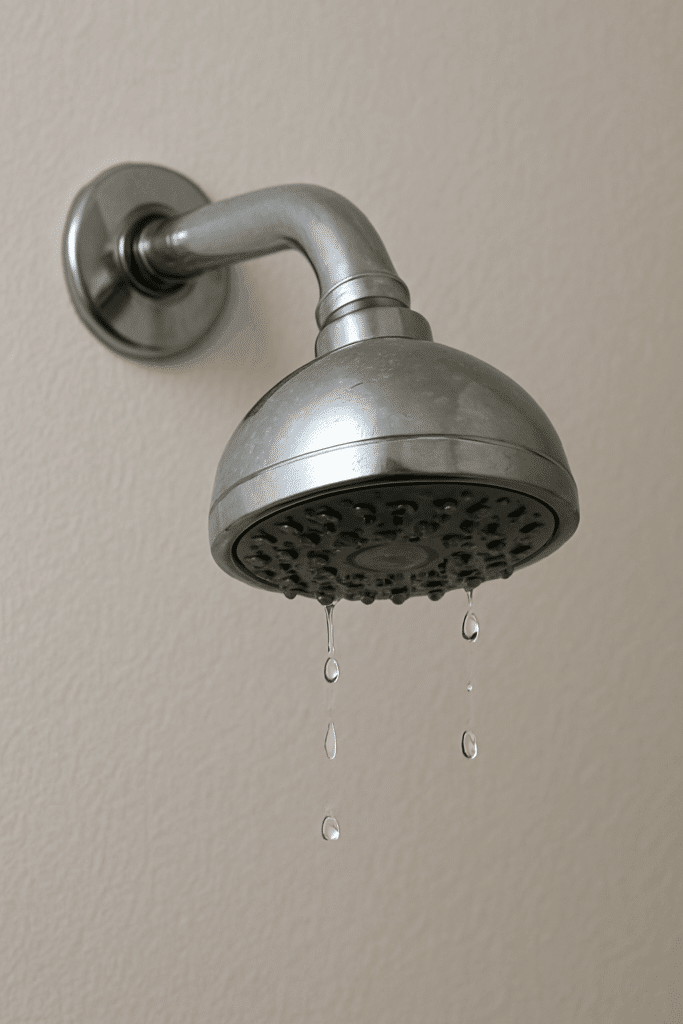
Few things are more frustrating than turning on a faucet or shower and watching the water trickle out instead of flowing with full strength. Low water pressure can make simple tasks like washing dishes, showering, or watering the lawn a daily inconvenience. For homeowners in Virginia Beach, this issue can be caused by several factors, from aging pipes to hidden leaks. Understanding what’s behind low water pressure and how to address it can help you restore comfort and efficiency to your home.
Below are common causes of low water pressure, along with practical solutions to help you get your plumbing system back to normal.
Check for Local Water Supply Issues
Before assuming there’s a problem with your plumbing, it’s worth checking whether the issue is coming from your local water supply. Sometimes, the city performs maintenance, repairs, or upgrades to the municipal system that can temporarily affect water pressure in nearby homes.
You can contact the Virginia Beach Public Utilities Department or check their website for service alerts. If your neighbors are also experiencing reduced pressure, the issue is likely temporary and will resolve once maintenance is complete.
Look for Leaks Around Your Home
Leaks are one of the most common causes of low water pressure. Even a small leak can divert water away from your faucets, reducing overall flow. Check for visible signs of leaks, such as damp spots on walls, ceilings, or floors, or pools of water around your foundation. You can also monitor your water meter when all fixtures are off. If the meter continues to move, that’s a sign water is escaping somewhere in your system.
Fixing leaks promptly is essential, as even minor ones can waste hundreds of gallons of water each month and increase your utility bill. If you can’t locate the source, it’s best to contact a professional plumber who can perform a detailed inspection.
Inspect Your Water Valves
Your home’s main water shut-off valve controls the flow of water entering your plumbing system. If this valve isn’t fully open, it can limit pressure throughout the house. Locate the valve, usually near your water meter or where the main water line enters your home, and make sure it’s turned completely open.
There’s also a pressure-reducing valve (PRV) on many homes that regulates water flow from the city supply. If this valve is set too low or has malfunctioned, it could cause weak water pressure. A licensed plumber can test and adjust the PRV safely to restore proper flow.
Examine Faucet Aerators and Showerheads
Mineral buildup is another common reason for low water pressure, especially in Virginia Beach where hard water is prevalent. Over time, calcium and other minerals can accumulate inside faucet aerators and showerheads, restricting water flow.
To fix this, remove the affected aerator or showerhead and soak it in a solution of equal parts vinegar and water for several hours. Then, scrub away any remaining residue and rinse thoroughly before reattaching. Regular cleaning can prevent buildup and help maintain steady water pressure throughout your home.
Check for Clogged Pipes
If you’ve ruled out leaks and faulty valves, the problem may be inside your pipes. Sediment, rust, or mineral deposits can accumulate over the years, especially in older plumbing systems. These blockages reduce the internal diameter of your pipes, which limits water flow.
Unfortunately, this issue can’t always be solved with simple cleaning. In some cases, sections of pipe may need to be replaced. A professional plumber can use camera inspections to locate and identify obstructions and recommend whether cleaning or replacement is the best solution.
Consider the Age and Material of Your Plumbing
Homes in Virginia Beach vary widely in age, and older properties may still have outdated galvanized steel pipes. These pipes are prone to corrosion, which can restrict water flow and cause discoloration or leaks. If your home’s plumbing is several decades old, replacing it with copper or modern PEX piping can make a significant difference in water pressure and overall system reliability.
Upgrading your plumbing not only improves pressure but also enhances water quality and reduces the risk of major leaks or burst pipes in the future.
Evaluate Your Water Heater
If the low pressure only affects your hot water, your water heater may be the culprit. Sediment buildup inside the tank can block water flow or reduce efficiency. Flushing your water heater annually helps remove sediment and maintain consistent performance. If your water heater is aging or showing signs of corrosion, replacing it with a more efficient model can solve pressure issues and lower energy costs.
Know When to Call a Professional
While some water pressure problems can be fixed with simple DIY steps, others require professional expertise. Persistent low pressure, recurring clogs, or widespread leaks may indicate a deeper plumbing issue that needs attention.
At Miller’s Heating and Air Conditioning, our experienced plumbing team can diagnose and resolve low water pressure problems quickly and effectively. From leak detection and valve adjustments to full pipe replacements, we have the tools and training to restore proper water flow throughout your home.
Enjoy Steady Water Pressure Again With Miller’s
Low water pressure doesn’t have to be a constant frustration. By understanding the potential causes and addressing them early, you can keep your plumbing system in excellent condition. Whether the solution involves a simple cleaning or professional repairs, taking action now helps prevent larger issues down the road.
If you’re dealing with weak water flow or inconsistent pressure in your Virginia Beach home, contact Miller’s Heating and Air Conditioning for expert plumbing service. Our team is here to ensure your water runs strong, steady, and reliable all year long. Schedule your plumbing service online today!